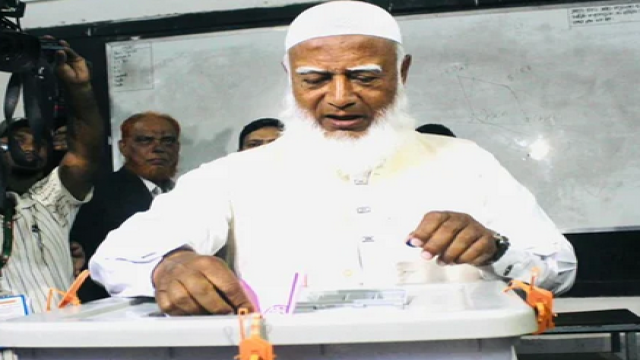England, Sept 8 V7N – In a significant shift in educational policy, the incoming Labour government is set to overhaul how schools manage behaviour, focusing on retaining vulnerable students and promoting inclusivity. The planned reforms aim to phase out isolation booths, frequent suspensions, and rigid behaviour policies that have been criticized for pushing out students with special educational needs and those facing significant challenges.
Education leaders close to the new administration reveal that ministers are considering changes to the inspection system. The proposed adjustments would evaluate schools based on their representation of the local community and their ability to support students with special needs, rather than adhering to stringent behaviour rules that can lead to repeated suspensions.
Anne Longfield, former children’s commissioner and head of the Centre for Young Lives, highlighted the impact of current practices. She noted, “The data and conversations with students reveal that many feel alienated by schools, which often fail to accommodate their needs. I’ve heard from students who struggled with the rules and faced isolation repeatedly.”
Longfield acknowledged that many schools are already doing exceptional work in fostering inclusivity and supporting diverse student needs. However, she criticized the existing accountability system, which primarily focuses on academic results and penalizes schools that enroll more students with additional needs.
Tom Bennett, the current behaviour tsar for the Department for Education, is expected to leave his post soon. Bennett has been a proponent of strict behaviour management, including silent corridors and severe sanctions for rule infractions. Despite his stated intention to continue advising on school behaviour until 2025, sources suggest that Labour might withdraw funding from the behaviour hubs program associated with his approach.
The Labour government is reacting to alarming statistics that revealed a record 787,000 pupil suspensions in the 2022-23 academic year. Education minister Stephen Morgan described the data as a “wake-up call” and emphasized the need to address the root causes of exclusions while supporting teachers in maintaining safe and orderly classrooms.
Dan Rosenberg, an education expert at Simpson Millar, pointed out that strict behaviour policies often disproportionately affect children with ADHD, autism, or those living in poverty. He observed, “Isolation rooms can lead to students falling behind in their education, which exacerbates their difficulties.”
Bennett defended the use of removal rooms, asserting their necessity in managing challenging behaviour and providing a space for students to calm down and regroup. However, Rosenberg argued that frequent isolation exacerbates educational gaps and may discourage attendance.
Paul Dix, a former teacher and behaviour management trainer, criticized the current approach, stating, “Labour’s focus should be on creating schools that succeed for all students. High rates of exclusion and isolation do not address underlying issues and often lead to further problems.”
As the Labour government moves forward with these reforms, the emphasis will be on creating a more supportive and inclusive educational environment, aiming to reduce exclusion rates and improve outcomes for all students.
END/ED/RH































Comment: